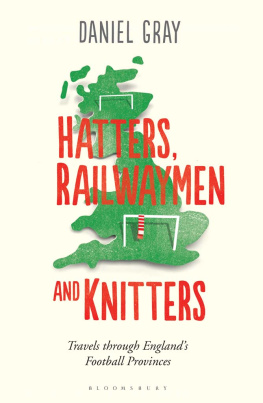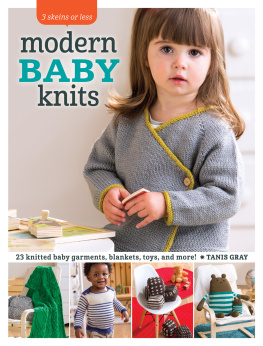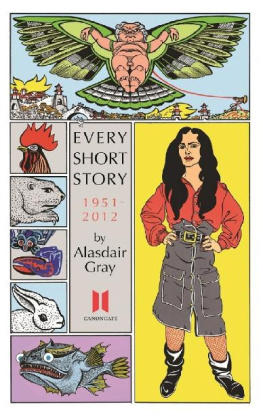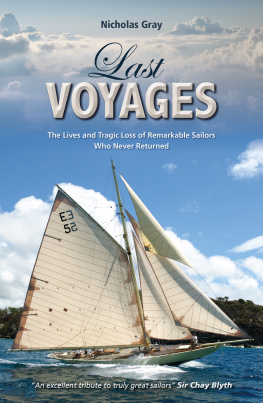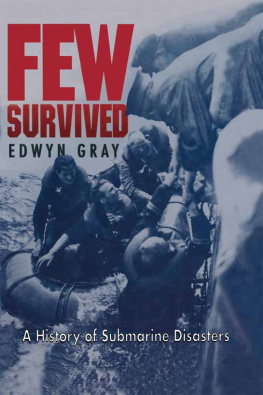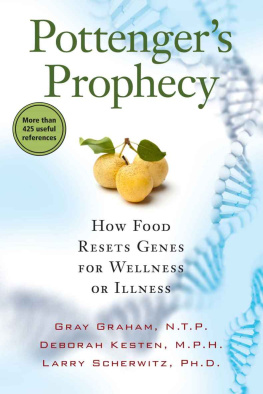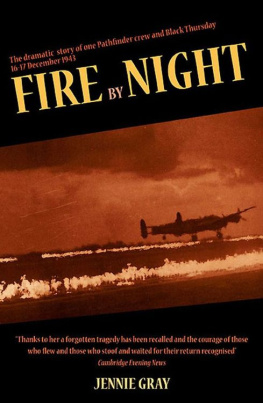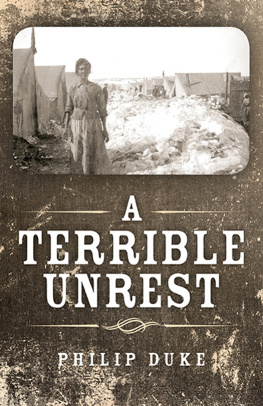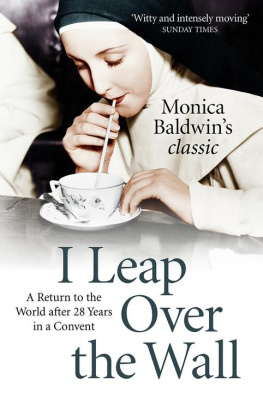
To Wee Blue Eyes, who makes the world a glorious place.
I love the idea of England, perhaps because I dont live there. Distance has allowed romance to blossom and an imagined England to sprout. Geographically, Im not far away Scotland remains where it always was, sandwiched somewhere between Carlisle and Iceland. Politically and socially though, it splinters and shuffles away regardless of the independence referendum. I have become complacent, barely engaging with England because I presume it will always be there for me when I need it.
As I thought about writing this book, I realised I had grown jealous of Scotland. Here was a place, it seemed, with uniform identity and firm direction. What was England? A country divided in so many ways, filled with people who were Yorkshire or Cornish or Cockney before they were English. Having lived apart from England for nigh on a decade, in my thirtieth year I decided it was time to become reacquainted and see in what form, if any, she was holding together. How many Englands were there? Id view her changes and measure whether she lived up to that red rose-coated England in my mind. My interest was not in the sociology of Englishness, which other books have fought manfully to define, but in how Englands places and football teams combine to make the entirety. It was in the moods, looks, accents and smells of those places, in overheard conversations and one-liners. If that meant inadvertently defining types of Englishness along the way, then so be it.
Before I set out, I didnt half miss England. I missed the north-south divide, and I missed the flashes and dashes of Tudor and Georgian that creep up in the most unlikely of English places. I missed red bricks, canals, fish and chips cooked to order, town markets, reasonably sized hills, dry spells, small breweries, pubs with coal fires and beer gardens, people calling you love, proper seaside resorts, my family.
I also missed English football, or the incarnation of it that it is possible to miss, literally and figuratively. I missed the early rounds of the FA Cup, Ceefax page 312 (News in Brief), teams I held childhood preconceptions and prejudices about, small-club sponsorship deals with local garages, goalkeepers throwing kitbags into the net and hanging a towel on it, diving headers and referees with other jobs you could read about on the back of the programme. In short, then, I missed an English game that existed only in my mind, much like England the country. Feeling so uncertain of England it seemed that football, no matter how inaccurate my vision of it, was a constant the thing I could easily recognise and possibly reconnect with. Despite all its post-1992 disfigurements, England still does the game brilliantly. Its wider, more important social trimmings are ingrained as in no other land. It was therefore unrivalled as cause to visit myself upon the provinces, in search of England.
These misty-eyed thoughts were brought on too, by the fact I was about to turn thirty. Thirty doesnt seem significant from the vantage of, say, forty or sixty. Middle age has not been reached, youre still young enough to meet your life partner or divorce her, and you can choose just about any career. Any career, that is, apart from football: for a footballer, thirty is usually the last stopping point before retirement. When you define most things via football as I do, that makes thirty important. A thirty-year-old born in the early 1980s probably started going to football when it was distinctly old school, and so will soon be in a unique position. For me that meant artful Victorian stadiums with ear-splitting atmosphere, but also appalling treatment by the authorities and hearing monkey chanting at black players. As such, another reason for visiting myself upon England would be to find out if clubs had managed to cling on to or recapture the former without the trappings of the latter.
Thirty is also important because it is a bridging age for all generations: our parents are often pensionable, and we start to have children of our own. For my fellow thirty-ites this feels heightened we are the only generation to have grandparents who fought in a world war and kids with mobile phones.
Thirty was also on my mind because in 2011, England seemed to be repeating itself. My birth year, 1981, saw a Royal Wedding take place against the backdrop of a divisive, one-track-minded Tory government and strikes. Young people, often black, but always disillusioned, rioted and left streets in tatters. On those same streets, fascistic movements mobilised beneath boozy breath and sought to divide the nation. Rupert Murdoch acquired The Times, and his name dominated dinner-party discourse. Rumblings began over the future of the Falkland Islands, with a bullish government in Buenos Aires and one here holding an exaggerated view of Britains world place. It seemed that Wills & Kate, public sector strikers, Tottenham looters, English Defence League members, tabloid hackers and David Cameron had joined a hugely destructive (not to mention ugly) tribute band which probably churned out synth pop, dominant in 2011 as in 1981. It seemed appropriate to look at our country then and now, and what better vehicle on which to ride than football?
In the 1981-82 season, Ron Atkinsons avuncular brand of racism had found temporary respite at Manchester United (some of his best centre-backs were black, you know). Bobby Robson busily enthused Ipswich to high places, Villa won the European Cup and Liverpool channelled black armbands positively, winning the Division One title in tribute to the recently deceased Bill Shankly. Spurs won the cup in front of an aggregate Wembley crowd of 192,000, and at Southampton Kevin Keegan defied heavy hair to score twenty-six times. On the day I was born, Swansea City of Wales were Englands top team. It was the last time they would rise so far for, inevitably, thirty years. To unleash attacking football, teams would be awarded three points for a win for the first time in 1981-82. English sides had won six consecutive European Cups and the national team had a World Cup in Spain to prepare for (team song: This Time (Well Get It Right)).
Thirty, 1981, 2011: the numbers and coincidences seemed too good to ignore. One afternoon in my local, I looked long and hard at the four league tables from that 1981-82 season, and at a map of England (someone else was dominating possession of the pubs communal newspaper). Searching for patterns or clever concepts teams from seaside resorts and ports? One of each team name suffix, from Athletic to Wanderers? the least imaginative stuck out. Visiting the teams who finished first, second and bottom of the four divisions (with one notable exchange deal) gave a diverse geographical spread of England, and a huge range of footballing levels from the Football League to the South West Peninsula Premier. Seasons make a fan aware that time is passing. I have long defined my life by them, memories of old ones and hopes for new, so taking a past season as a route map seemed appropriate. If I couldnt find England in Bradford, Ipswich or Crewe, or its football somewhere among six different divisions I was either a particularly bad writer or drunk. For good measure, Id also spend time in the very centre of England watching our national team on telly Hinckley in the summertime, anyone?
In thirteen towns Id observe England and see if she was worth loving and missing. As well as looking at them now, Id pick out the ways in which theyd contributed to the making (and mythologising) of England, from Middlesbroughs role in the Empire to Lutons in revolutionising the make-up of my homeland. While interesting social histories in their own right, these stories all help build a picture of who England is today. I approached them in a positive manner, keen to avoid the sneers of Crap Town and Chav Town culture and embrace their uniqueness and even their foibles. I wanted the book to celebrate the provinces and pinpoint why parochialism matters and is not always a bad thing. This is embodied in the way a band from outside London is often identified by their place of origin (Wokings The Jam; Sunderland band The Futureheads); the implication is that the place has influenced the musicians even in a negative way who will now influence the country.
Next page
